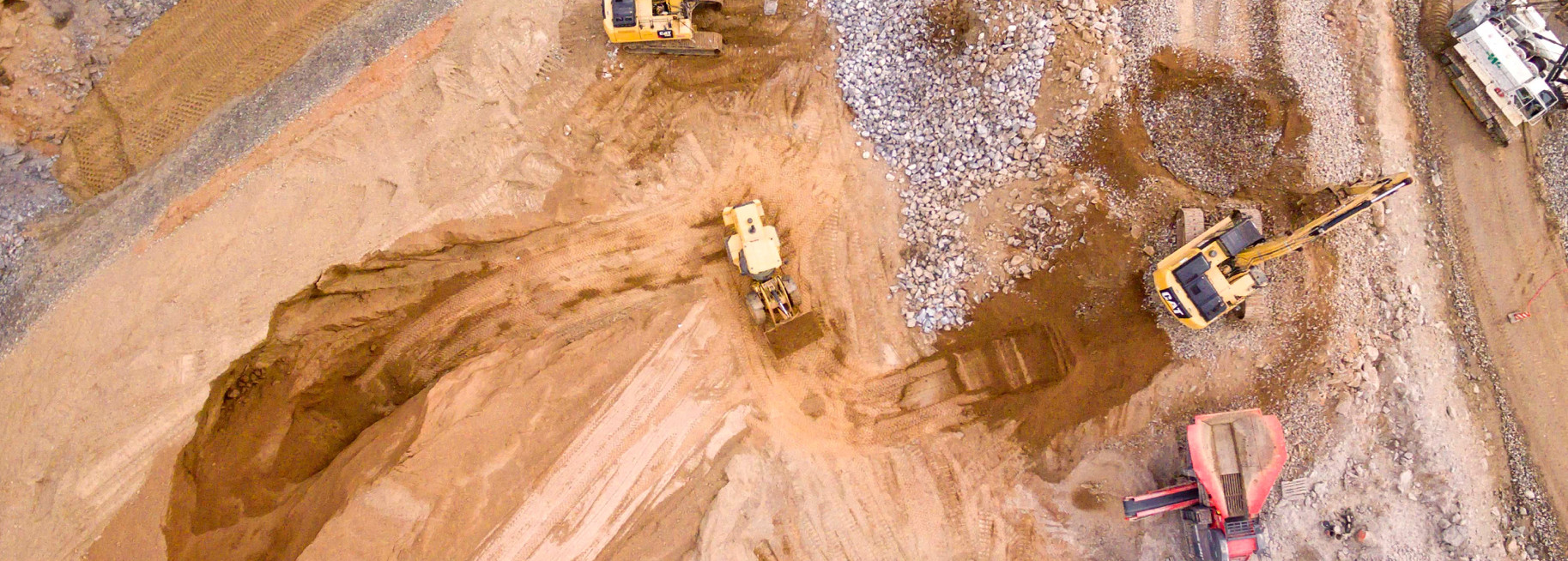Year: 2020
Information Systems and Process Review
The client is a full-service site-work contractor, specializing in site excavation, and demolition with hauling and disposal services. They have been in business for over 40 years. The company was running on outdated business processes and were under-utilizing their current ERP and third- party IT solutions. This was posing a heavy administrative strain to the organization and inherent risk to the business. Company personnel were spending an increasing amount of time on manually handling volumes of transactions leaving little time for value-add activities.
The client approached Burger Consulting Group (BCG) for assistance. An IT Assessment and Strategic planning was conducted by our team, evaluating operational and financial applications to assess areas of improvement and provide recommendations.
Burger Consulting Assessment
After a thorough evaluation of the current information systems and business processes, it was agreed that the ERP and third-party solutions in place were under utilized and not well integrated. The solutions also did not have the functional requirements needed for handling the organization’s key business processes, specifically material handling, time capture, invoice approval, and human resources. These gaps resulted in data handled by outside systems, tracked in spreadsheets, paper forms, and in some cases entered manually into multiple systems.
BCG leveraged our experience with construction solutions and best practice processes to develop an overall IT strategy to maximize efficiency and reduce risk. In collaboration with the client, priority initiatives were identified including timing and resource needs. The strategic plan aligned with the organization’s overall business objectives and available resources.
Solution
The priority initiatives included automation of the material ticketing and hauler’s payable function, along with automation of the time capture and import function into the ERP payroll application. These functions were predominantly handled outside of any current systems and largely manual. They were high volume, key processes for the organization which accounted for well over 80% of transactional activity in the company.
The material ticketing process required the organization to invest in additional software that handled the material ordering, truck ticketing, and hauler payable functions. Utilizing Burger Consulting Group’s expertise and vendor knowledge, the client selected and implemented a third party that best aligned with their requirements and had a sound technology stack. Upfront process design work, system testing, and integration mapping into existing solutions were conducted. The implementation process ran according to budget and schedule with a successful “go-live” accomplished.
The time capture function required the implementation of the client’s already owned time capture software and building out an integration between the third-party software and their ERP. Currently field staff were completing paper-based timecards and had the back office entering it into the time capture software and then subsequently into the payroll application. The process was time consuming and carried a high risk for inaccuracies. Burger Consulting Group leveraged our experience in project management to lead the initiative.
BCG played a pivotal role in guiding the organization change, scheduling resources, and identifying necessary training needs for the employees. The client, software vendors and Burger Consulting work together throughout the engagements and successfully migrated to a more efficient time capture process.
Client Benefits
 Understanding the areas of improvements and having a strategic plan in place has been pivotal for the company in establishing a direction and having defined action plans for achieving their goals both in the short-term and long-term. The successful completion of the material ticketing and hauler payable initiative has eliminated 75% of employees time spent on the process. The investment in a solution which augmented their existing software provided the functionality for increased automation and fully eliminated paper- based ticking and double data entry. Better utilization of existing technology and integration of time collection effectively eliminated paper timecards and streamlined data flow between systems. Today field staff use technology to capture time, providing real-time visibility into labor cost, instant feedback on field productivity and decrease payroll processing time; something that was not possible with paper timecards.
Understanding the areas of improvements and having a strategic plan in place has been pivotal for the company in establishing a direction and having defined action plans for achieving their goals both in the short-term and long-term. The successful completion of the material ticketing and hauler payable initiative has eliminated 75% of employees time spent on the process. The investment in a solution which augmented their existing software provided the functionality for increased automation and fully eliminated paper- based ticking and double data entry. Better utilization of existing technology and integration of time collection effectively eliminated paper timecards and streamlined data flow between systems. Today field staff use technology to capture time, providing real-time visibility into labor cost, instant feedback on field productivity and decrease payroll processing time; something that was not possible with paper timecards.

